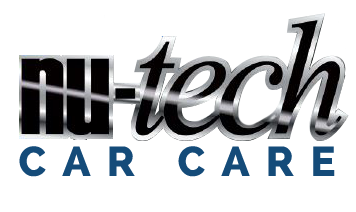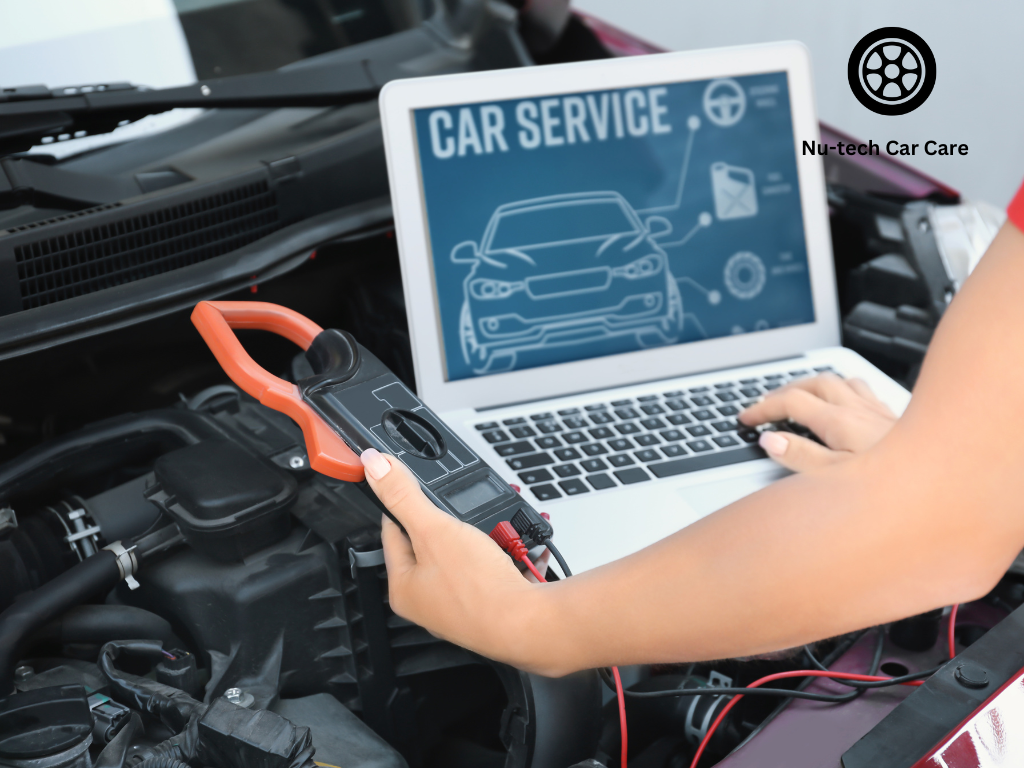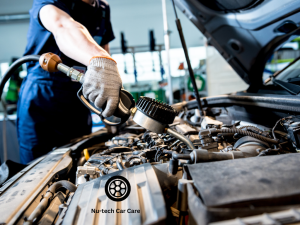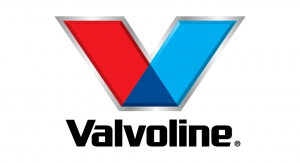The rise of hybrid and electric vehicles (EVs) marks a pivotal shift in the automotive industry, bringing new challenges and opportunities for car mechanics. As these advanced vehicles gain popularity, car mechanics are increasingly required to adapt their skills to meet the unique demands of servicing and maintaining them. Unlike traditional gasoline-powered vehicles, hybrids and EVs feature sophisticated electrical systems and innovative technologies that necessitate specialized knowledge and tools. Understanding the intricacies of these vehicles is not just crucial for optimal maintenance and repair but also essential for ensuring safety and efficiency. This evolution in the automotive sector underscores the critical importance of car mechanics being well-versed in the nuances of hybrid and electric vehicle technology.
Understanding Hybrid and Electric Vehicles
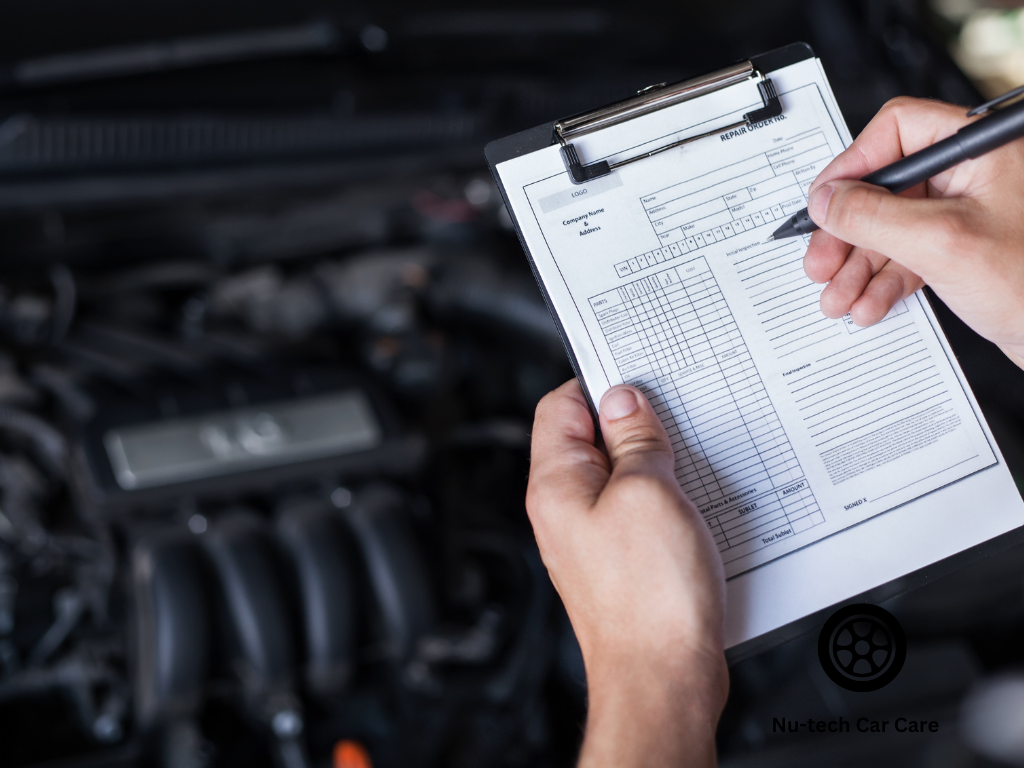
Key Features and Technologies in Hybrid and Electric Cars
Hybrid and electric vehicles incorporate advanced technologies that set them apart from conventional cars. Hybrids typically combine an internal combustion engine with an electric motor, allowing them to leverage both gasoline and electric power. On the other hand, EVs are solely powered by electric motors, using energy stored in rechargeable batteries. Key features include regenerative braking systems, battery management systems, and complex electronic control units. These technologies contribute to improved fuel efficiency, reduced emissions, and a different driving experience.
How Hybrid and Electric Vehicles Differ from Conventional Cars
The fundamental difference between hybrid/EVs and conventional cars lies in their propulsion systems. While traditional cars rely entirely on internal combustion engines, hybrids and EVs use electric motors, either alone or in combination with a gasoline engine. This difference affects various aspects of the vehicle, from fuel consumption and emissions to maintenance requirements. For instance, EVs do not require oil changes, and hybrids often have less brake wear due to regenerative braking.
Specialized Skills for Hybrid and Electric Car Mechanics
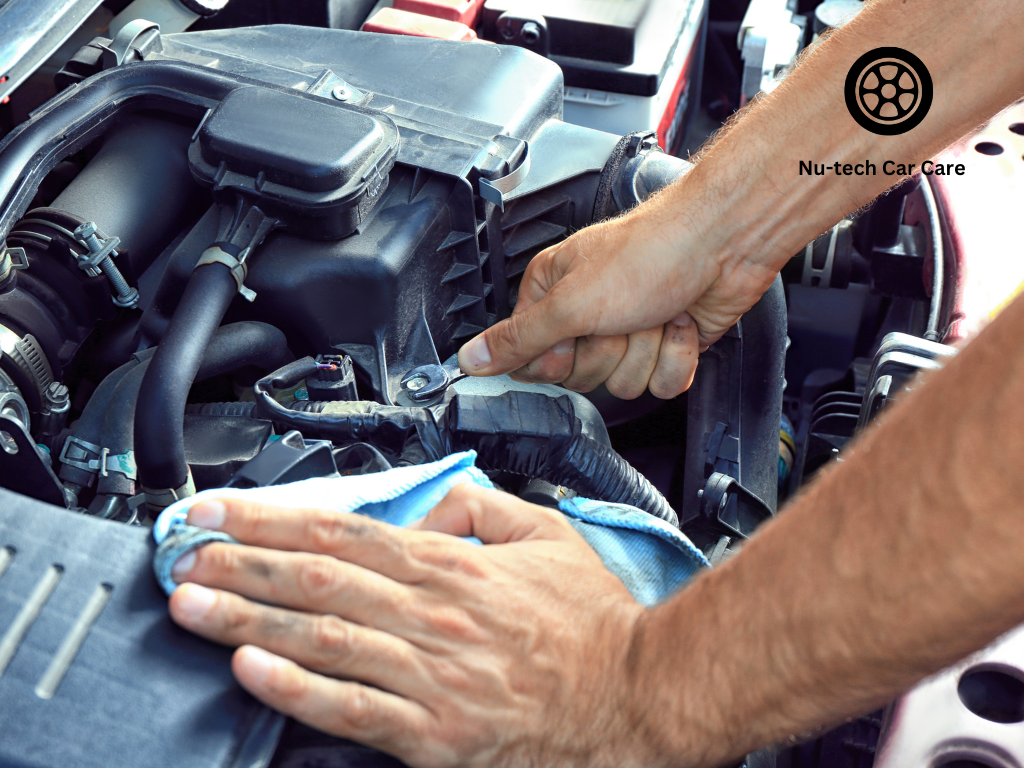
Essential Skills and Knowledge for Servicing Hybrid and Electric Cars
Servicing hybrid and electric vehicles requires a distinct set of skills and knowledge. Mechanics need to be proficient in electrical systems, battery technology, and the software that controls these vehicles. Understanding high-voltage safety procedures is crucial due to the risk of electric shock. Mechanics must also be adept at troubleshooting and repairing sophisticated electronic components and systems unique to these vehicles.
Training and Certification Requirements for Mechanics
To work effectively on hybrid and electric vehicles, mechanics often need specialized training and certification. This training covers the specifics of hybrid and EV technology, safety procedures, and diagnostic techniques. Many automotive manufacturers and independent organizations offer certification programs that ensure mechanics have the necessary skills and knowledge to service these advanced vehicles safely and effectively.
Differences in Servicing Hybrid and Electric Cars
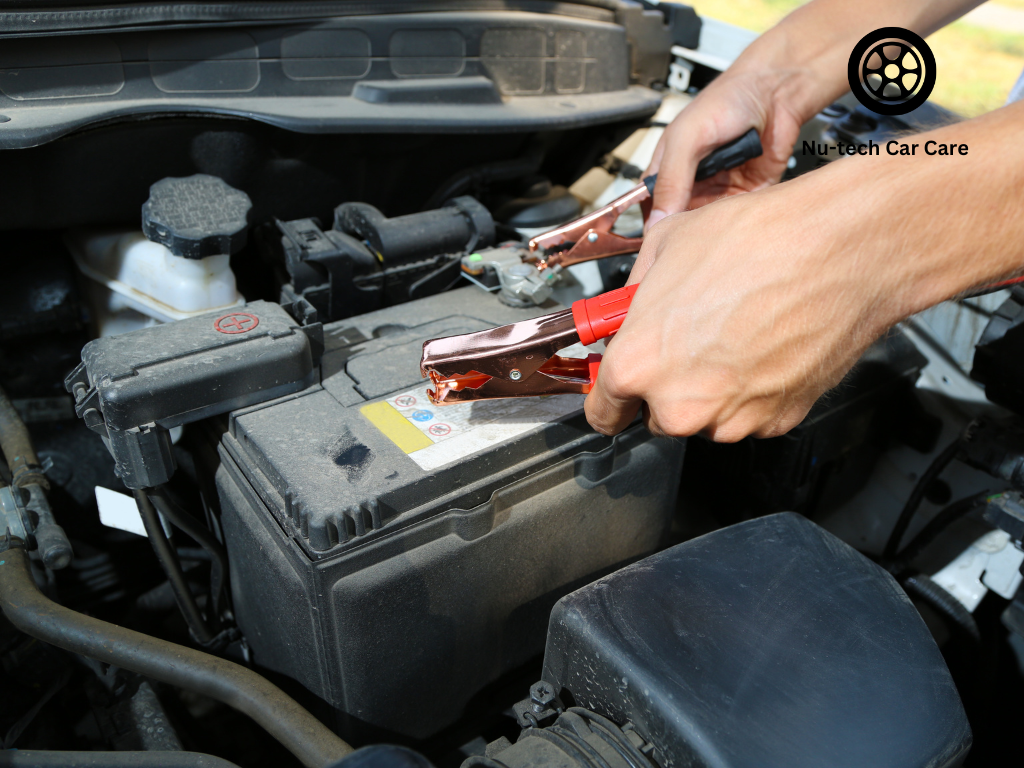
Unique Aspects of Maintenance for Hybrid Vehicles
Hybrid vehicles require maintenance that combines aspects of both conventional and electric vehicles. While they still need regular engine maintenance like oil changes and filter replacements, they also require attention to their electrical components, such as battery health checks and electric motor servicing. The regenerative braking system in hybrids also presents unique maintenance aspects, as it can lead to different wear patterns on the brake system.
Specific Service Needs of Electric Vehicles
Electric vehicles, in contrast, have a different set of service needs. Key maintenance areas include the battery, electric motor, and associated electronic systems. Unlike conventional vehicles, EVs don’t require oil changes, fuel filter replacements, or emission checks. However, they need regular inspections of their electrical systems, software updates, and battery health assessments to ensure optimal performance and longevity.
Safety Considerations in Hybrid and EV Servicing
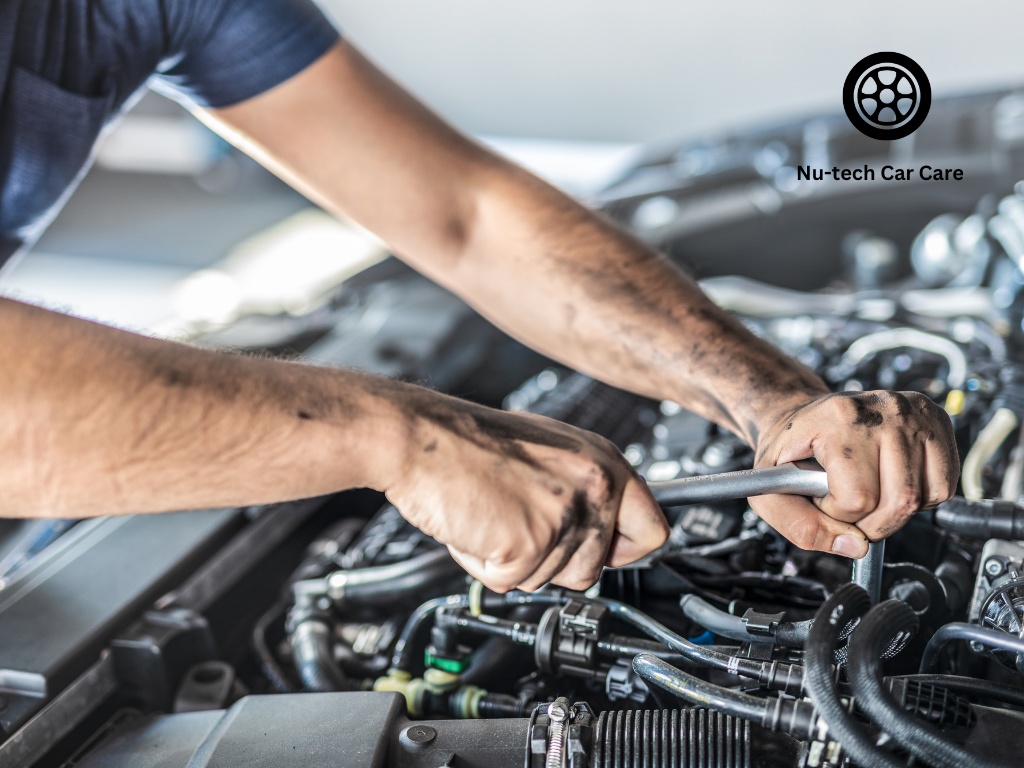
Understanding the Safety Risks with High-Voltage Systems
Hybrid and electric vehicles are equipped with high-voltage systems that pose significant safety risks during servicing. The electrical systems in these vehicles can operate at voltages upwards of 600 volts, much higher than traditional 12V systems. This high voltage can be lethal if not handled correctly, making it imperative for mechanics to have a thorough understanding of these systems. Special precautions are necessary to prevent electric shock, burns, and other injuries.
Best Practices for Ensuring Safety During Servicing
To ensure safety while servicing hybrids and EVs, mechanics should adhere to best practices such as using insulated tools, wearing protective gear like gloves and goggles, and following proper lockout/tagout procedures. It is essential to de-energize the high-voltage system before beginning any repair or maintenance work. Additionally, mechanics should always assume that high-voltage components are energized and follow protocols for testing and confirming de-energization.
Diagnostic and Repair Tools for Hybrid and EVs
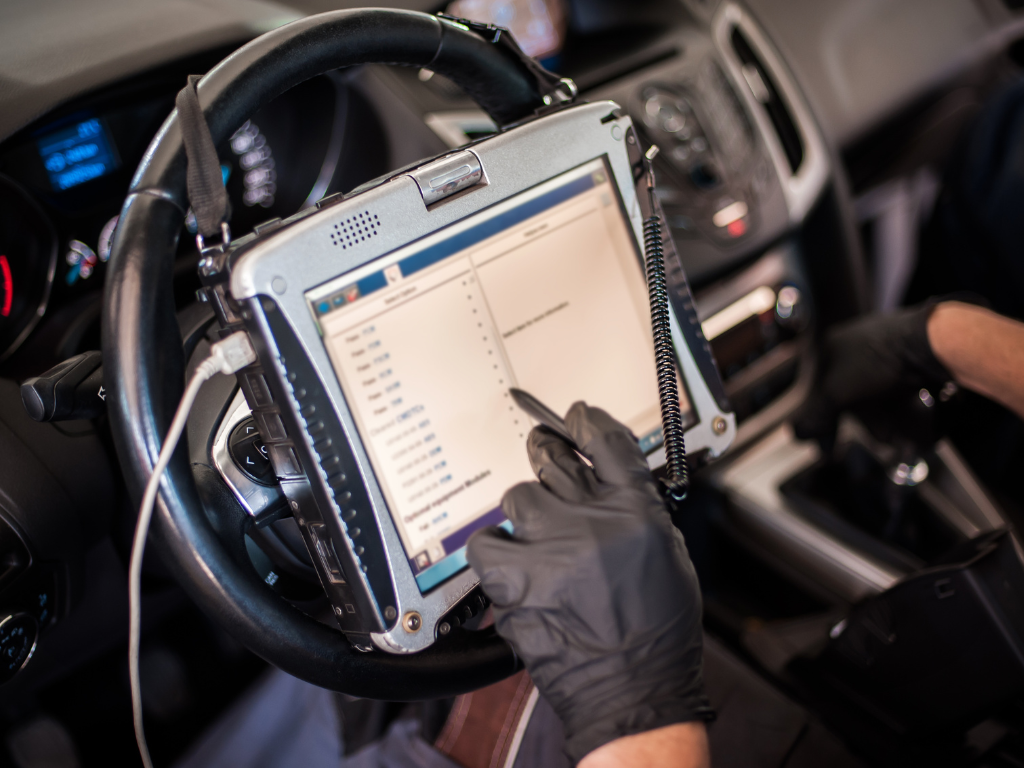
Advanced Diagnostic Tools for Hybrid and Electric Car Servicing
Servicing hybrid and electric vehicles requires advanced diagnostic tools that can interface with their sophisticated electronic systems. These tools are capable of reading and interpreting data from the vehicle’s onboard computers, battery management systems, and electric drive units. They help diagnose issues accurately, including battery performance, motor function, and software glitches, which are crucial for effective servicing and repairs.
Specialized Repair Equipment and Techniques
Specialized repair equipment for hybrids and EVs includes battery service equipment, high-voltage circuit testers, and insulation resistance testers. Techniques for repairing these vehicles often involve handling sensitive electronic components and high-voltage battery packs. Mechanics need to be skilled in using this equipment and familiar with the specific repair techniques for hybrids and EVs, which differ from conventional vehicles.
The Role of Software in Hybrid and Electric Car Maintenance
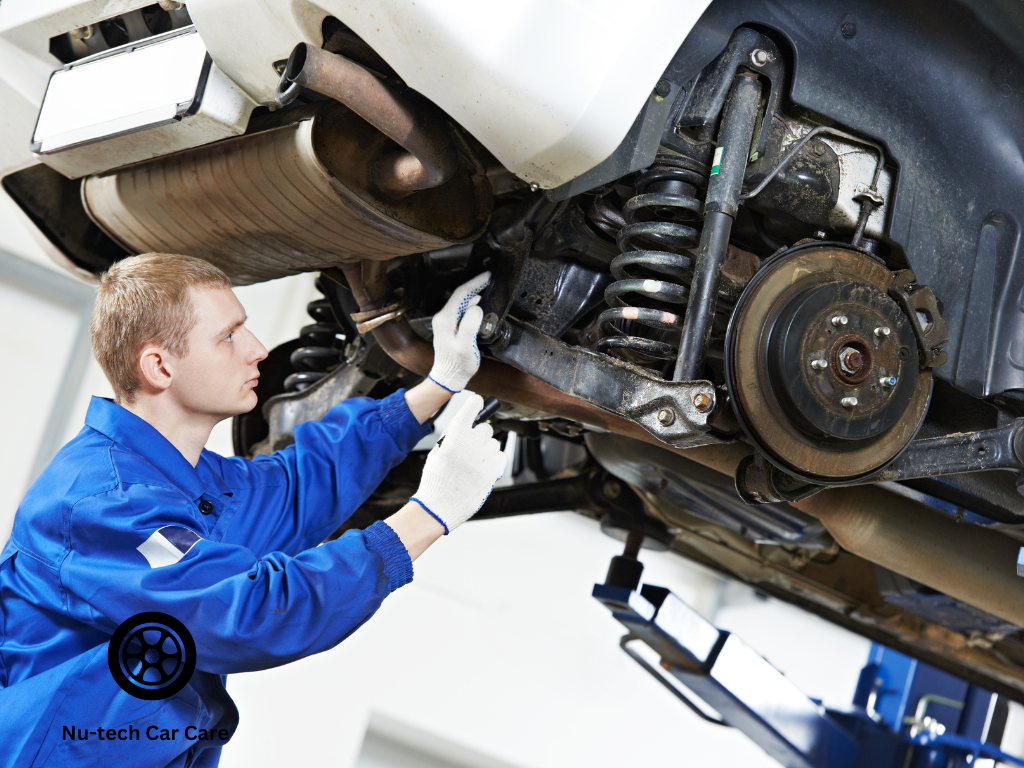
Software Diagnostics and Updates in EVs and Hybrids
Software plays a critical role in the functioning of hybrid and electric vehicles. diagnostics are essential for troubleshooting and resolving electrical and operational issues. Regular software updates are also crucial for maintaining vehicle efficiency, battery management, and overall performance. Mechanics need to be proficient in using diagnostic software tools that can access and interpret the vehicle’s electronic control units (ECUs), providing insights into the health and functionality of various systems.
Keeping Up with Technological Advancements in Vehicle Software
As automotive technology rapidly evolves, staying current with the latest developments in vehicle software is crucial for mechanics. This includes understanding new features introduced in software updates, adapting to changes in diagnostic procedures, and being aware of emerging technologies in electric vehicle powertrains. Continuous education and training are necessary for mechanics to remain proficient in servicing increasingly software-driven hybrid and electric vehicles.
Customer Education and Communication
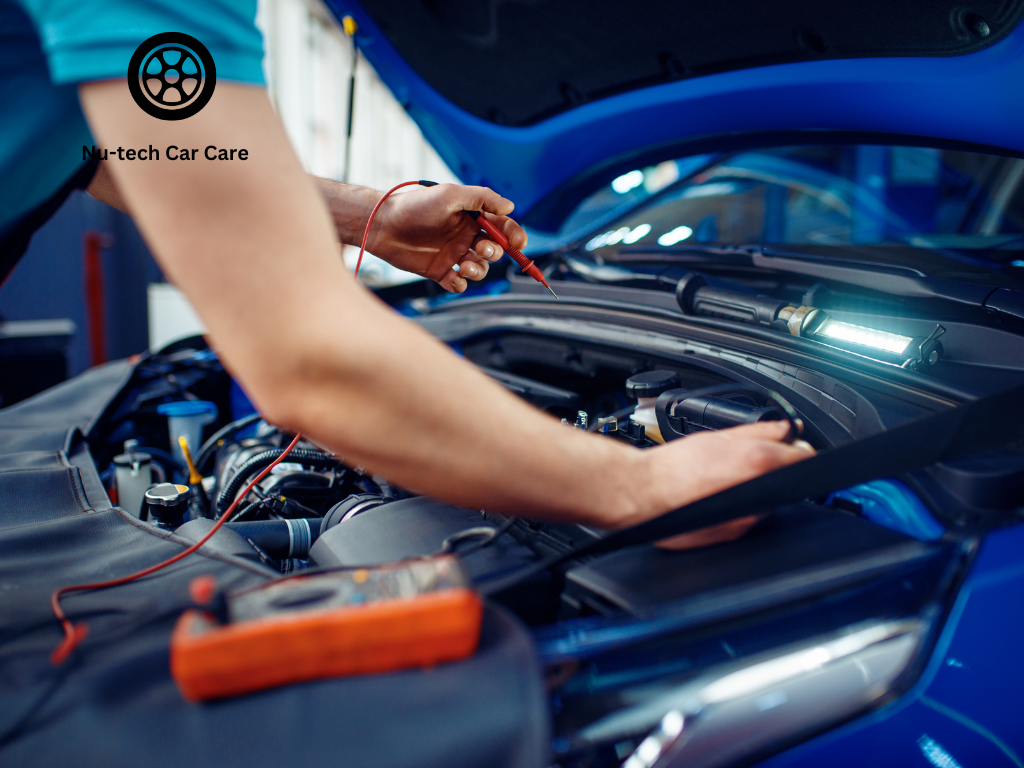
Educating Customers on the Maintenance of Hybrid and Electric Cars
Educating customers about the maintenance needs of hybrid and electric cars is crucial. Many owners may not be familiar with the differences in upkeep compared to conventional vehicles. Mechanics should inform customers about the importance of regular battery checks, software updates, and unique aspects like the cooling systems for batteries in EVs. Providing clear guidance on charging practices, the impact of driving habits on battery life, and the importance of specialized diagnostic checks can help customers maintain their vehicles more effectively.
Effective Communication Strategies for Service Expectations
Effective communication strategies involve more than just conveying technical information; it’s about building trust and understanding with customers. Mechanics should use clear, non-technical language to explain services and recommendations. Providing comprehensive service reports, being transparent about costs, and explaining the value of preventative maintenance can help in setting realistic service expectations. Encouraging questions and providing thorough answers can further enhance customer trust and satisfaction.
Environmental Impact and Sustainability in Servicing
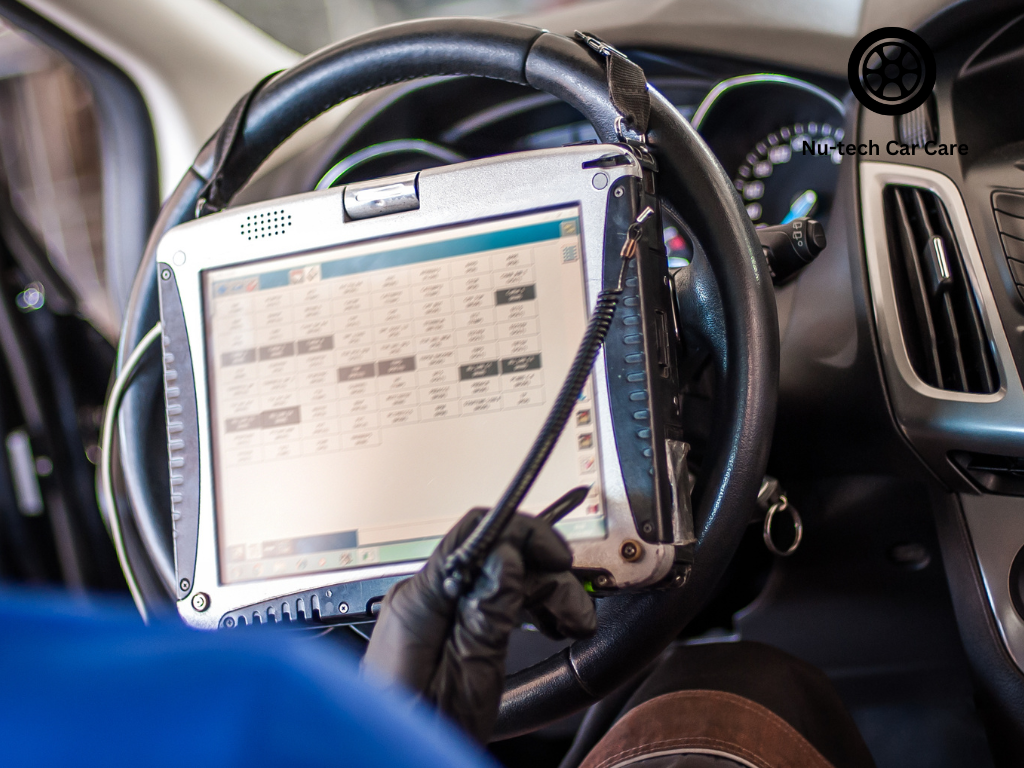
Environmental Considerations in Servicing EVs and Hybrids
Servicing EVs and hybrids comes with environmental considerations, especially regarding battery disposal and recycling. Mechanics need to be aware of the proper disposal methods for high-voltage batteries and other components that could be harmful to the environment. Additionally, understanding the environmental benefits of EVs and hybrids, such as reduced emissions, can help mechanics advocate for sustainable practices.
Promoting Sustainable Practices in the Workshop
Promoting sustainability in the workshop involves more than just the proper handling of EVs and hybrids. It can include recycling programs, energy-efficient lighting and equipment, and using eco-friendly cleaning products. Encouraging such practices not only reduces the environmental footprint of the workshop but also aligns with the eco-friendly values of many hybrid and EV owners.
Conclusion
The necessity of specialized skills and knowledge in servicing hybrid and electric vehicles cannot be overstated. As the automotive industry continues to evolve towards electrification, mechanics must adapt to the changing landscape, embracing new technologies and practices. The future of car mechanic services will undoubtedly be shaped by advances in hybrid and electric vehicle technology, requiring ongoing education and adaptation. By staying informed and developing expertise in these areas, mechanics can ensure they remain valuable and relevant in the era of electric and hybrid vehicles.
